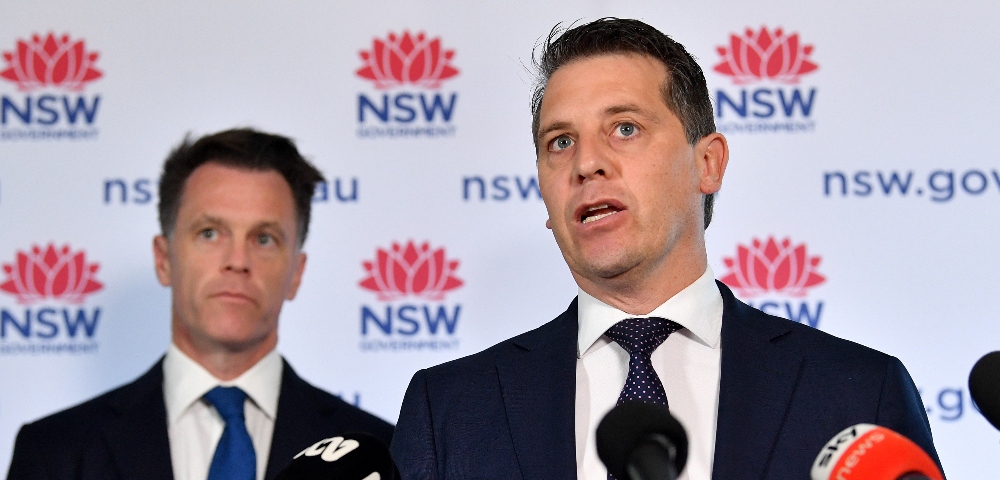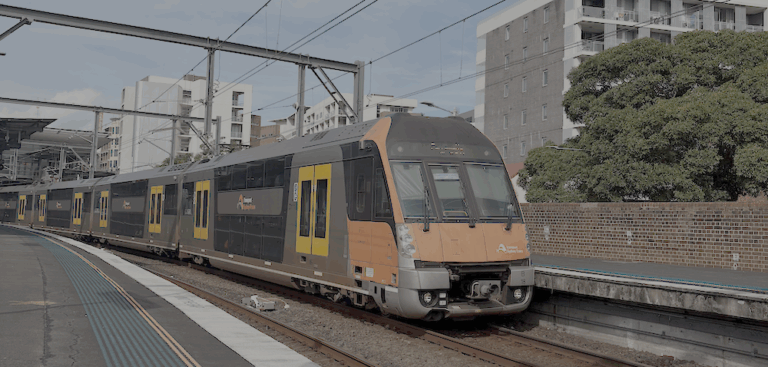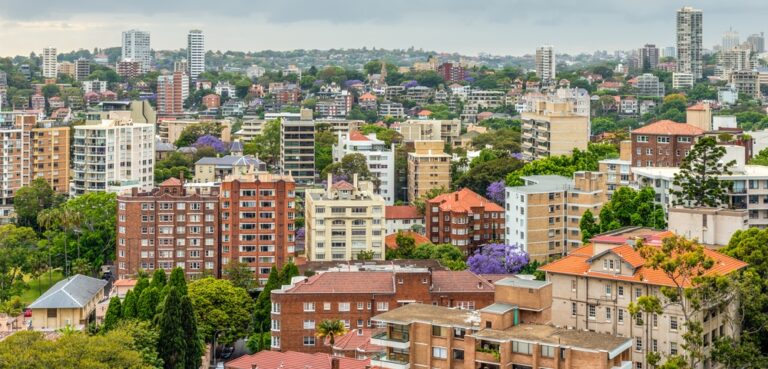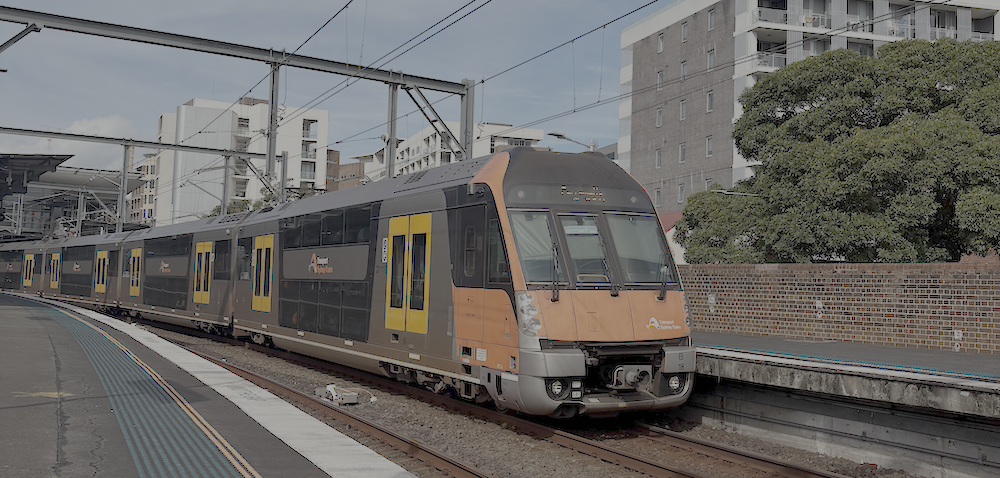
Numbers of Overdue Surgeries Decrease As Gov Announces Additional Funding

The number of overdue surgeries across the state has been reduced by more than 6,000 since the end of March, and by almost 12,000 since March 2023, according to new figures from the government.
The New South Wales government has announced an additional $23 million of funding as part of the 2025-26 Budget to help further reduce the number of patients with planned surgeries waiting longer than is clinically recommended.
This is in conjunction with the $186 million announced for planned surgery at the end of last year.
The investment has already seen massive improvement, with around 2,500 overdue surgeries at the end of June this year, a significant reduction from the over 8,500 overdue surgeries at the end of March.
NSW is one of the strongest performing states in the country for planned surgery with the highest proportion of patients admitted within clinically recommended time at 85.3 per cent in 2023-24, higher than Queensland at 81 per cent and Victoria and Western Australia at 80 per cent.
Minister for Health, Ryan Park, said on Thursday that the government was “absolutely determined” that everyone who needs surgery in NSW gets it as quickly as possible.
“I want to say a massive thank you to NSW Health staff who have helped us reach this significant milestone, with many working on additional theatre lists on evenings and weekends to allow more procedures to be performed,” he said.
“We are going to continue to remain focused on reducing surgery wait times, including increasing the number of same-day surgeries where it’s safe to do so.”
Park says health system is “always going to be under pressure”
A range of strategies have been implemented across the state as part of the NSW Surgical Care Governance Taskforce, established in 2023 in an effort to cut down wait times, and to improve and maintain access to planned surgery.
The Surgical Care Strategic Committee is continuing the work of the Taskforce to ensure public hospital surgical services in NSW are sustainable and patients can continue to access the care they require in clinically recommended timeframes.
However, recent numbers from the Bureau of Health Information show that elective surgery waitlists have had a major increase in the number of overdue operations.
Between January and March of this year, more than 8,500 people waited longer for their surgery than clinically recommended, an increase of 151.3 per cent compared to the same period in 2024.
Speaking to the ABC earlier this year, Park suggested that challenges such as ex-Tropical Cyclone Alfred disrupting services, a rise in chronic illness, and workforce availability changes contributed to this increase.
“The health system is always going to be under pressure, particularly with elective surgery,” he said. “We have got it down low, we’re seeing a creep up now.”









